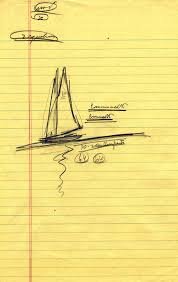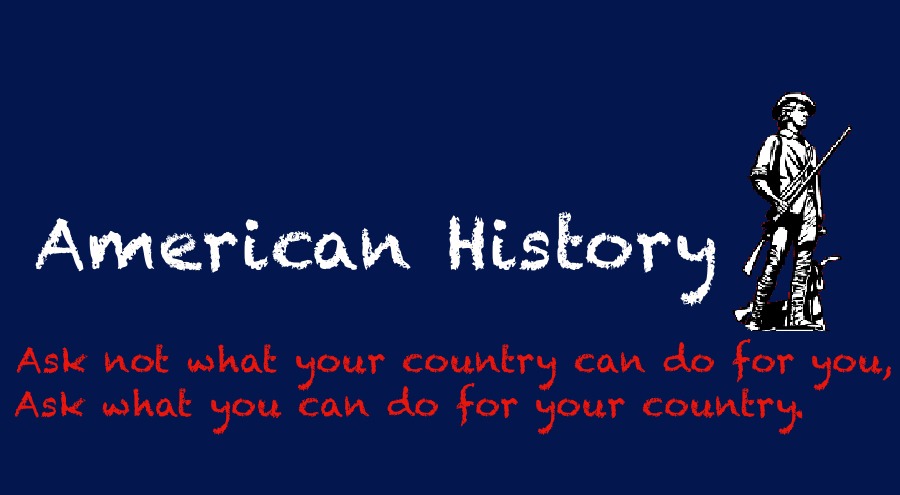Cuban Missile Crisis: Day Eleven
Friday, October 26, 1962: A Soviet-chartered freighter was stopped at the quarantine line and searched for contraband military supplies. None were found and the ship was allowed to proceed to Cuba. Photographic evidence showed accelerated construction of the missile sites and the uncrating of Soviet IL-28 bombers at Cuban airfields.
In a private letter, Fidel Castro urged Nikita Khrushchev to initiate a nuclear first strike against the United States in the event of an American invasion of Cuba.
John Scali, ABC News reporter, was approached by Aleksander Fomin of the Soviet embassy staff with a proposal for a solution to the crisis.
Later, a long, rambling letter from Khrushchev to Kennedy made a similar offer: removal of the missiles in exchange for lifting the quarantine and a pledge that the U.S. will not invade Cuba.
Additionally, a surprise came to Kennedy at 7 that morning when the first vessel, the Marucla (an American-built Liberty ship) was officially stopped and boarded: One of the two ships to to follow it was the Joseph P. Kennedy, Jr. (the other being the John Pierce), the ship named for Kennedy’s older brother, a Navy pilot who died during WWII. This is the same ship that brother, Bobby, would serve on shortly after WWII.

“The Soviet Union had been adamant in its refusal to recognize the quarantine. At the same time, it was obviously preparing its missiles in Cuba for possible use. The President in response ordered a gradual increase in pressure, still attempting to avid the alternative of direct military action… . [P]rivately the President was not sanguine about the results of even these efforts. Each hour the situation grew steadily more serious. The feeling grew that this cup was not going to pass and that a direct military confrontation between the two great nuclear powers was inevitable” (64).
Listen: 10:10 am ExComm Meeting & 12:00 Meeting with Intelligence Officers (amongst other discussions)
Works Cited:
“Cuban Missile Crisis: Day 11 – Oct 26.” John F. Kennedy Presidential Library and Museum, 26 Oct 2017. http://microsites.jfklibrary.org/cmc/oct26/
Kennedy, Robert F. Thirteen Days: A Memoir of the Cuban Missile Crisis. New York: Norton, 1971.

